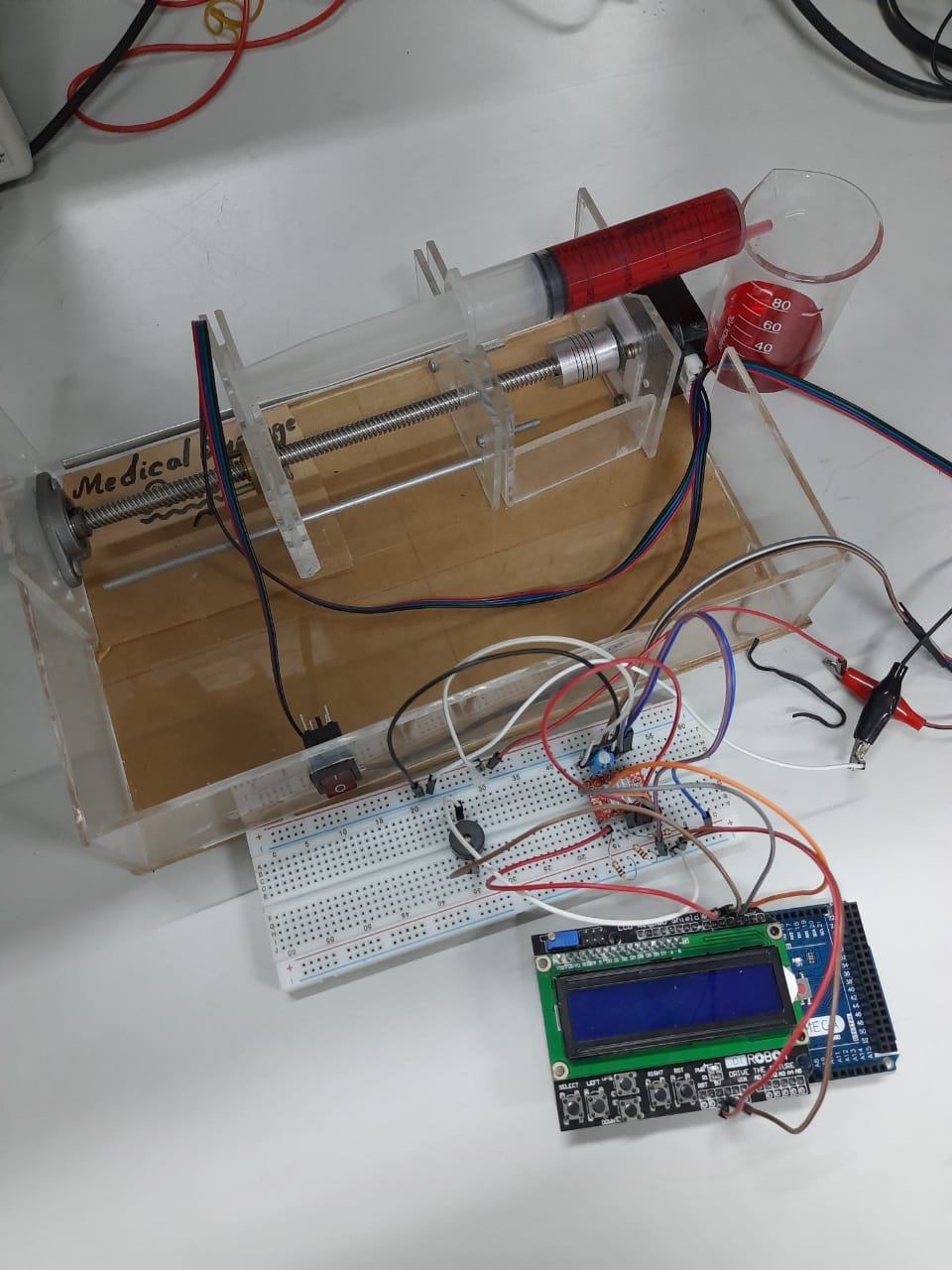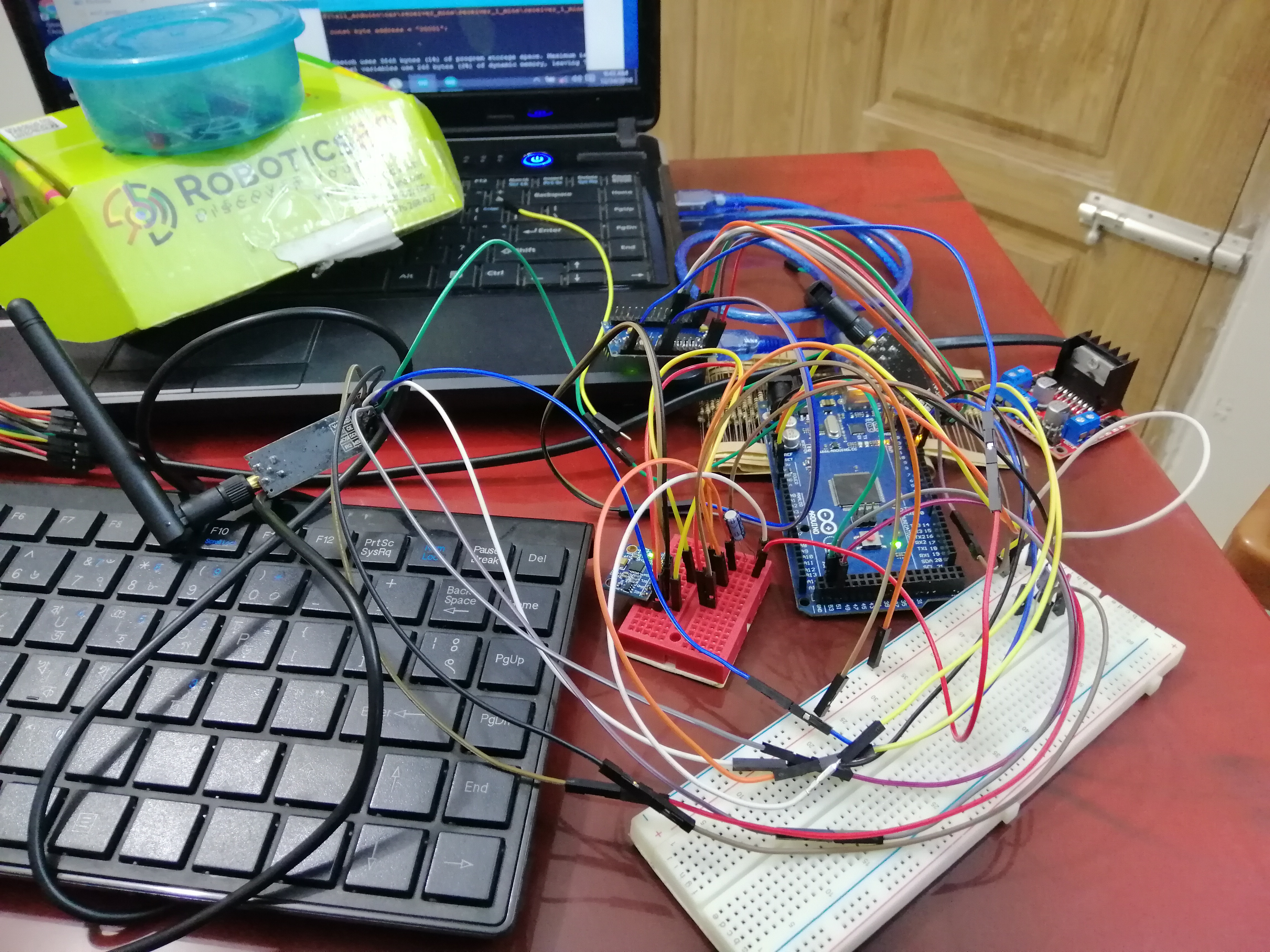Instrumentation

Fig: Hand-held ocular device by undergrad students of BME department
Biomedical instrumentation, or bioinstrumentation, encompasses the development and usage of technologies for the detection, prevention, and treatment of problems involving the biological system. Device development for clinical applications comprises of a major aspect of this branch of biomedical engineering, requiring knowledge of electrical circuitry, computer programming, human physiology, etc. Devices for diagnosis such as MRI, CT scan, X-ray, and many more fall under this area of specialization. Implantanable devices such as cochlear implants, pacemakers, etc., as well as smaller devices such as syringe pumps, are the products of bioinstrumentation. Typical sensors are developed for the measurement of physiological signals, such as ECG, EEG, etc., which are processed into information decipherable for the diagnosis of diseases.


Fig: Development of syringe pump by undergrad students of BME department
Recent Research and Project Works
-
"Design and Development of Digital Health Record Systems for Hospitals" supervised by Col Syed Mahfuzur Rahman
-
"Design and Development of Cost-Effective Medical Syringe Pump" supervised by Col Syed Mahfuzur Rahman
-
"Design and Implementation of an Motorcycle Ambulance with Android App" supervised by Assistant Professor Akid Ornob
-
"Design and Development of a Hand Held Portable Ocular Imaging Device to Detect Eye Disease" supervised by Assistant Professor Sharjis Ibne Wadud

